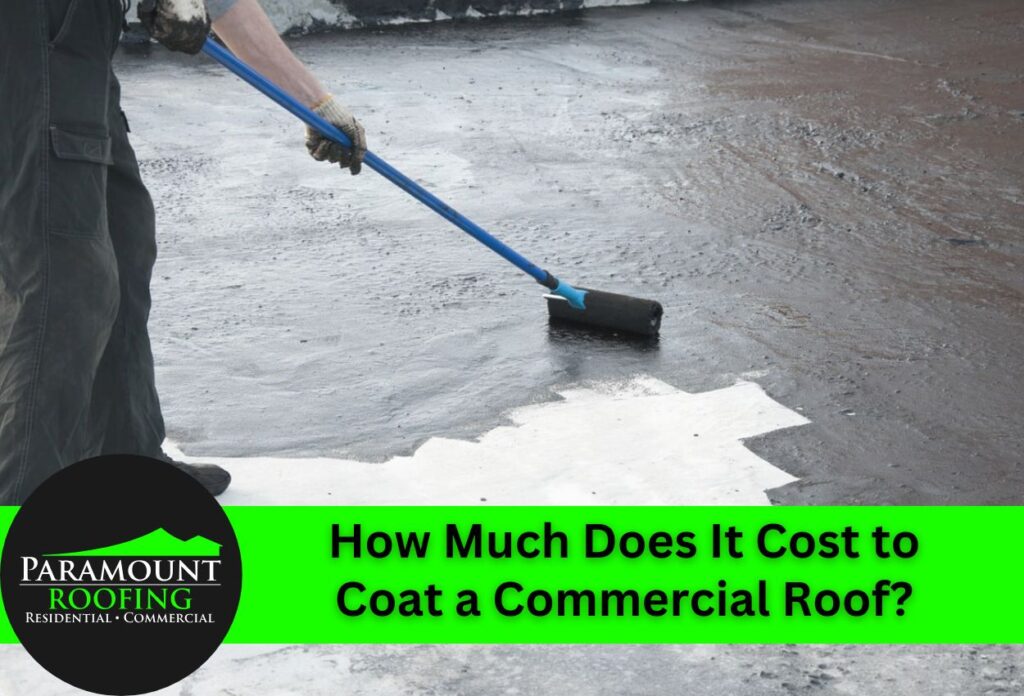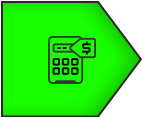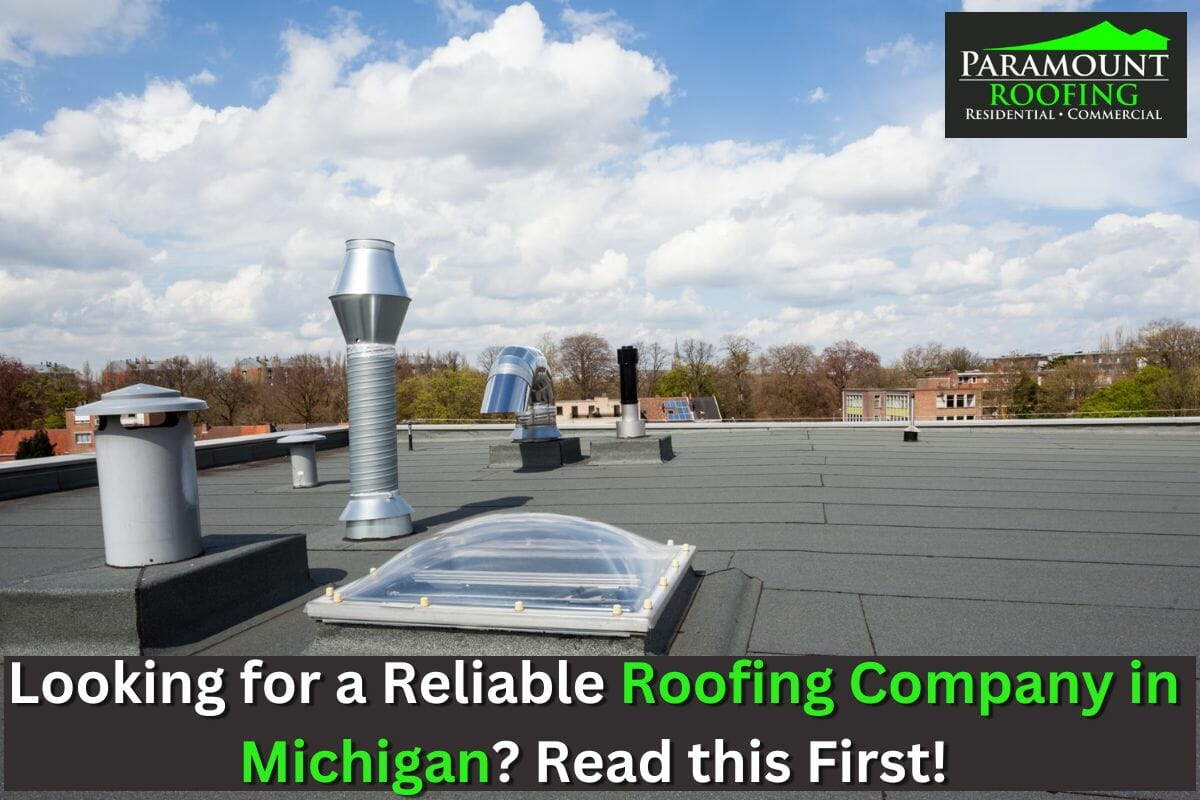
Commercial property owners facing aging or deteriorating roofs often find themselves weighing expensive replacement options against more budget-friendly alternatives. Roof coatings have emerged as a compelling solution that can significantly extend the lifespan of existing commercial roofing systems while avoiding the substantial financial burden of a complete roof replacement.
Understanding how much it costs to coat a commercial roof requires looking at multiple factors that influence the final investment. The size of the building, current roof condition, and selected coating materials all determine project expenses. Commercial roof coating types range from elastomeric and silicone to polyurethane and acrylic, each with different characteristics and prices. Additional factors affecting roof coating cost include accessibility challenges, necessary repairs, weather conditions during application, and the complexity of roof features such as penetrations and drainage systems.
When comparing roof coating vs. replacement options, property managers discover that coating applications often deliver exceptional value while providing enhanced energy efficiency, improved weather resistance, and extended roof service life. This approach allows businesses to maintain operations while protecting their facilities from the elements.
Key Variables That Impact Your Commercial Roof Coating Budget
Several factors determine the overall investment required for commercial roof coating projects. Roof size is the most significant variable, as larger buildings naturally require more materials and labor hours to complete. Building height and accessibility challenges can substantially influence project complexity, with multi-story structures often requiring additional equipment and safety measures that raise the final price tag.
The existing roof condition also plays a pivotal role in determining how much it costs to coat a commercial roof. Buildings with extensive damage, multiple leaks, or structural issues require comprehensive repairs before coating application can begin. Significantly deteriorated roofs may need extensive cleaning, patching, and primer application to ensure complete coating adhesion.
The commercial roof coating type selected for the project directly impacts material costs and application requirements. Elastomeric coatings typically require different surface preparation compared to silicone or polyurethane systems. Additionally, the commercial roof coating process becomes more complex when dealing with roofs featuring numerous penetrations, HVAC units, or drainage complications.
Geographic location within the Detroit metropolitan area can influence labor availability and material transportation costs. Factors affecting roof coating cost also include seasonal weather patterns, which may limit application windows and affect project scheduling. Properties with limited access or restricted working hours may experience increased labor expenses due to logistical challenges.
All of these factors impact the final cost of your roof coating project, making a professional assessment and estimate crucial before making a final decision.
Commercial Roof Coating Material Options and Their Price Points
Commercial roof coating types have varying characteristics and investment levels that directly impact project budgets.
- Silicone coatings provide exceptional UV resistance and flexibility, making them suitable for buildings with significant thermal movement. These systems maintain their reflective properties throughout their service life and resist damage from ponding water that commonly affects flat commercial roofs.
- Acrylic coatings are a cost-effective option for many commercial applications, delivering excellent reflectivity and energy savings benefits. These water-based systems cure quickly and emit minimal odors during application, making them practical for occupied buildings. However, acrylic options may require more frequent reapplication compared to premium coating alternatives.
- Polyurethane coatings offer superior durability and chemical resistance, which is particularly beneficial for buildings exposed to harsh environmental conditions or industrial pollutants. These systems typically have higher material costs but deliver extended service life and enhanced protection against weathering and mechanical damage.
When considering different coating types, the relationship between upfront investment and long-term value varies. While budget-friendly options may reduce initial project costs, premium materials often provide better return on investment through extended service life, fewer maintenance requirements, and improved energy efficiency over time.
The best roof coating for your building depends on the underlying material, age, and your long-term performance expectations. Consulting with a professional can help find the best option for your specific needs.
Professional Installation Cost Factors
Professional installation represents a substantial portion of commercial roof coating costs, with contractor pricing reflecting the complexity and specialized skills required for successful application. Knowing what to expect helps property owners make the best decisions about their roof while ensuring quality results that maximize coating performance and longevity.
Contractor pricing typically includes several distinct phases of work, beginning with comprehensive roof preparation. This critical stage involves thorough cleaning, surface repairs, and addressing existing damage that could compromise coating adhesion. Professional crews must remove loose materials, seal penetrations, and ensure drainage systems are clear and functional before coating application can begin. The commercial roof coating process requires extra attention to surface preparation, as inadequate prep work often leads to premature coating failure.
Application methods also influence labor costs, with different commercial roof coating types requiring specialized equipment and techniques. Spray application systems offer efficient coverage for large areas but require skilled operators and proper environmental conditions. Brush and roller methods provide precise control around complex roof features but increase labor time and associated expenses.
However, professional installation is essential because coating application directly impacts both immediate performance and long-term durability. Experienced contractors understand how weather conditions, surface temperatures, and humidity levels affect curing processes. Skilled application ensures proper thickness, uniform coverage, and appropriate overlap between coating layers. These factors significantly influence how well the coating will perform throughout its expected service life, making professional expertise a worthwhile investment that protects the overall project value.
Roof Coating vs. Replacement: A Cost Comparison
Commercial property owners are often surprised by the dramatic cost differences when comparing roof coating applications against complete replacement projects. Coating existing roofing systems typically requires significantly less financial investment while delivering improved protection and extended service life. This lower cost stems from eliminating expensive tear-off procedures, disposal fees, and extensive structural modifications that accompany full replacement projects.
Complete roof replacements involve substantial expenses beyond basic material costs, including removal of existing roofing materials, potential deck repairs, and disposal of construction debris. These projects often require extended building closures, temporary weather protection, and coordination with multiple trades. A commercial roof coating eliminates most disruption while maintaining building operations throughout the application period.
Roof coating makes exceptional financial sense for buildings with structurally sound existing roofs showing age-related deterioration. Properties with minor leak issues, surface wear, or reduced energy efficiency often benefit tremendously from coating applications. The investment typically pays for itself through energy savings, extended roof life, and avoided replacement costs.
However, replacement becomes a better long-term choice when buildings have extensive structural damage, multiple system failures, or roofing materials beyond a salvageable condition. Properties with significant deck deterioration, widespread moisture infiltration, or incompatible existing systems may require complete reconstruction. A professional assessment can determine whether coating is a viable investment or merely postpones inevitable replacement expenses.
Long-Term Financial Benefits and Return on Investment
The financial advantages of commercial roof coating include more than low initial application costs. Coatings bring substantial value through reduced operational expenses and deferred replacements. Energy cost reductions are one of the most immediate and measurable benefits, as reflective coating systems often significantly decrease air conditioning use during the warm summer months. These savings accumulate year after year, often offsetting the original coating investment within just a few seasons of operation.
Roof coating benefits also include extended roof lifespan, typically adding years of service life to existing commercial roofing systems. This extension delays expensive replacement projects while maintaining building protection and operational continuity. Properties that would otherwise require complete roof replacement can continue operating with enhanced weather resistance and improved performance through professional coating application.
Maintenance expense reductions contribute significantly to long-term financial benefits, as properly applied coatings eliminate many common roofing problems. Leak repairs, emergency service calls, and routine maintenance interventions decrease substantially when buildings receive quality coating systems. The commercial roof coating process creates seamless, monolithic membranes that resist weathering, UV degradation, and thermal cycling damage that typically plague aging roofing systems.
Calculating the true value of roof coatings requires examining improved building efficiency alongside avoided replacement costs. Enhanced insulation, reduced air infiltration, and better moisture control contribute to lower utility bills throughout the coating’s service life. When property owners factor in delayed replacement expenses, reduced maintenance costs, and ongoing energy savings, the total return on investment often exceeds several hundred percent over the coating warranty period, making this approach highly attractive for budget-conscious facility managers.
Getting Accurate Quotes and Making a Final Coating Decision
Professional assessments provide the foundation for accurate coating cost estimates and successful project outcomes. Qualified contractors examine existing roof conditions, structural integrity, and specific application requirements to identify potential complications, necessary repairs, and surface preparation needs that directly influence project pricing and timeline expectations.
During the evaluation process, contractors also document roof dimensions, penetration details, and accessibility factors that affect how much it costs to coat a commercial roof. They assess membrane condition, drainage systems, and existing damage while determining the most suitable commercial roof coating types for the specific building requirements. Professional evaluations also identify safety considerations, equipment needs, and weather constraints that influence project scheduling and execution.
Contractors develop detailed estimates by calculating material quantities, labor requirements, and preparation work necessary for successful coating application. Quality estimates break down costs by category, including surface preparation, repairs, primer application, and coating materials. Reputable contractors provide transparent pricing without hidden charges or unexpected additions during project execution.
Questions to ask a contractor before hiring should address licensing, insurance coverage, manufacturer certifications, and warranty terms. Property owners should inquire about previous experience with similar buildings, references from recent projects, and specific expertise with the recommended coating systems. Red flags include unusually low bids, demands for full payment up front, or contractors unable to provide local references and licensing documentation. Quality contractors willingly discuss their commercial roof coating process, provide detailed written proposals, and offer comprehensive warranty protection for both materials and workmanship.
Choose Paramount Roofing for Your Commercial Roof Coating Needs in Detroit
If you’re considering the financial benefits of roof coating for your commercial property, Paramount Roofing is your go-to expert in the Detroit area. With our professional installation services, you can add years to the lifespan of your roof, save on energy costs, and reduce future maintenance expenses. Don’t let the cost of a full roof replacement drain your budget when a high-quality roof coating can offer a cost-effective solution. Call us today at (586) 690-0227 to discuss your options and get a detailed quote that considers all aspects of your roofing project.
 Free Estimate
Free Estimate
 Request Service
Request Service Locations
Locations 



